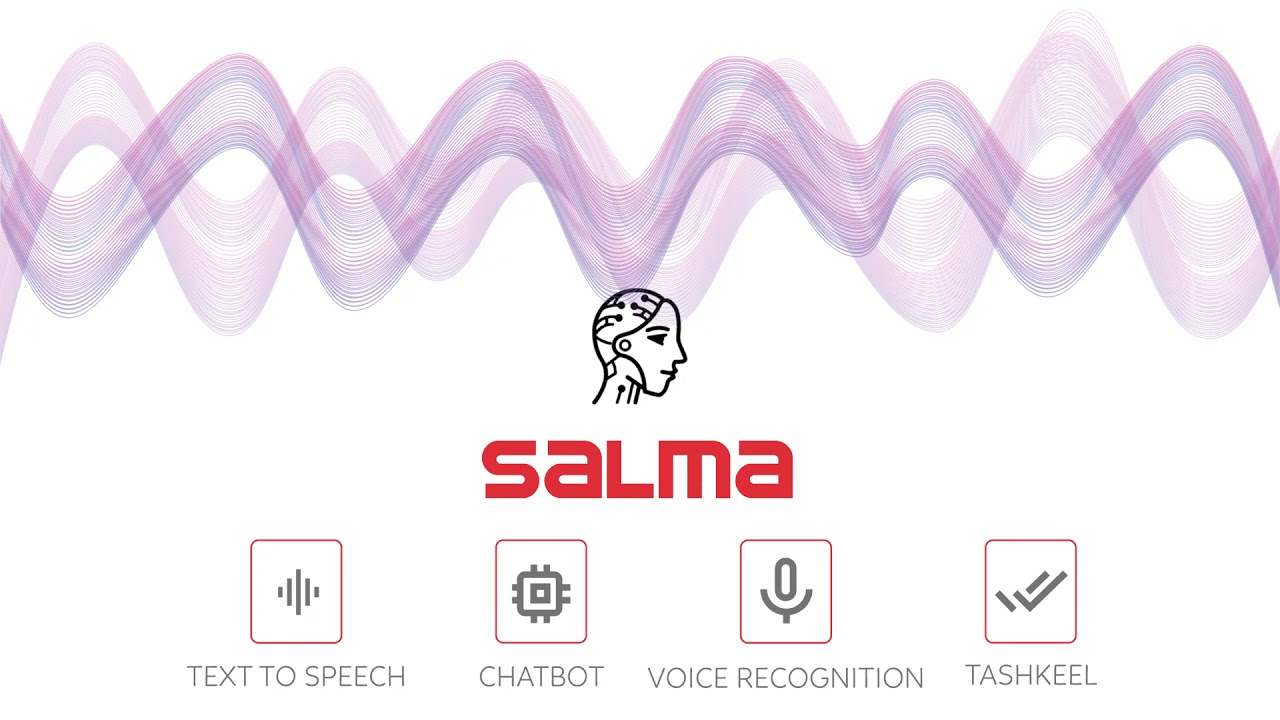Earlier this year, Jordan-based Mawdoo3 has launched first-ever AI-powered Arabic-language virtual assistant, Salma.
On the sidelines of RiseUp Summit 2019, Business Forward caught up with chief artificial intelligence officer Hussien Al-Natsheh to learn more about the vision behind Salma; what does it do and how other Arab enterprisers can leverage AI technology to create more value.
What was the rationale behind cracking into the artificial intelligence (AI) technology?
Mawdoo3 is the biggest website worldwide when it comes to online Arabic content, with more than 15 million unique users a month. Three years ago, we started our AI department in which we took on our shoulders the mission of automating the Arabic language.
We wanted to solve the Arabic language’s understanding problem. AI has already reached good levels in other languages like English, French or Spanish; however, no one else was focusing in automating and understanding Arabic. We started to use and monetize it as the new user interface.
Today, people are more into voice search and getting quick answers to specific questions. As Mawadoo3 is established as the biggest Arabic content provider, we saw this as very relevant for us to start investing in.
Consistent in our quest to utilize the high-accuracy technologies we do have, the first usage of our Arabic understanding technology was Salma, which is the first Arabic digital assistant.
Salma can provide a lot of services to our Arabic-language users; it can answer almost any question one could have and find the answer across different encyclopedias; give you information about the weather forecast, and perform currency conversions; among other things. This is only a start; the vision for Salma is big.
Recently, we have started to sell this technology to other enterprises and businesses through our white labelling programs since this voice interface, I would say, could be utilized in various functions. For example, it can be used in automating call centers at banks. So, there is a lot of opportunities there in the market which we can make usage of in terms of business.
How did this play out to attract more customers?
For example, there is a technology that we developed recently which is text-to-speech. Hence, blind people that do not have the privilege to read answers or articles on their mobile devices now can have the ability to have real-time voice responses –which helps us open a new market. Also, a lot of people that do not know good French or English or Spanish can find the source information in Arabic. Now having it all in Arabic, there would be no language barrier anymore. We at Mawdoo3 are lucky that we have a huge user data base that presents us with various business opportunities.
Do you have any advice for anyone looking to incorporate AI in their businesses?
This would be triggered by opportunity. If you see pain that you can solve, for example reducing costs or increasing revenues, or making an interface more efficient, then investments are called for if the required tech infrastructure and a qualified team are already at hand.
Otherwise, startups and other enterprises can also adopt a similar technology from other markets, and start customizing it.
For example, at Mawdoo3 we have the privilege that we have a lot of data about the Arab audience. We know what people are searching for, the type of knowledge they are interested in and how they would like to receive certain information. With technology, database, and investment, we found ourselves in a good position that we can actually start to do that.
How do you ensure that AI technology is being ethically used?
Data privacy is one of our main concepts at the company. When we first launched Salma, we built policies and infrastructure in a way that ensures that everything is secure and scalable. For example, if someone uses Salma to ask a question, there is no way in the company- technically speaking -that anyone can hear what the question was. We only store the features of that text or voice; It is only what we need to develop and enhance machine learning models.









